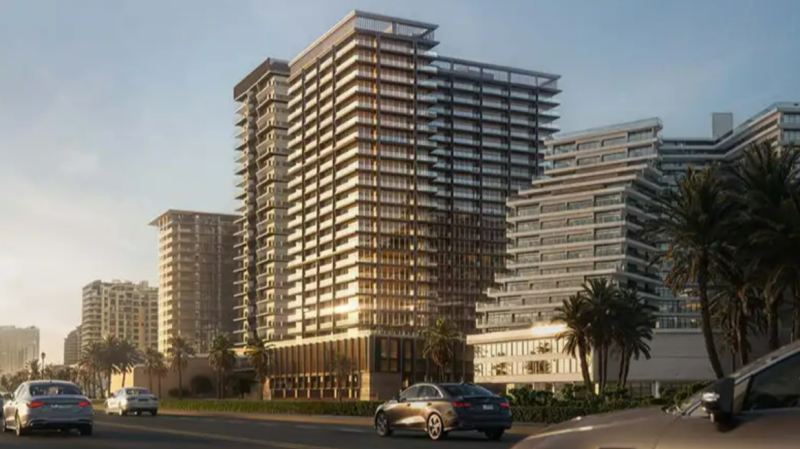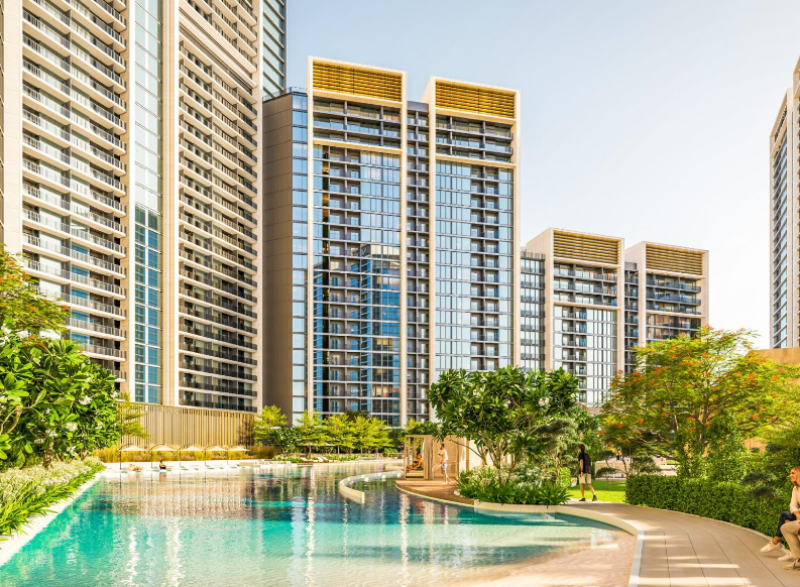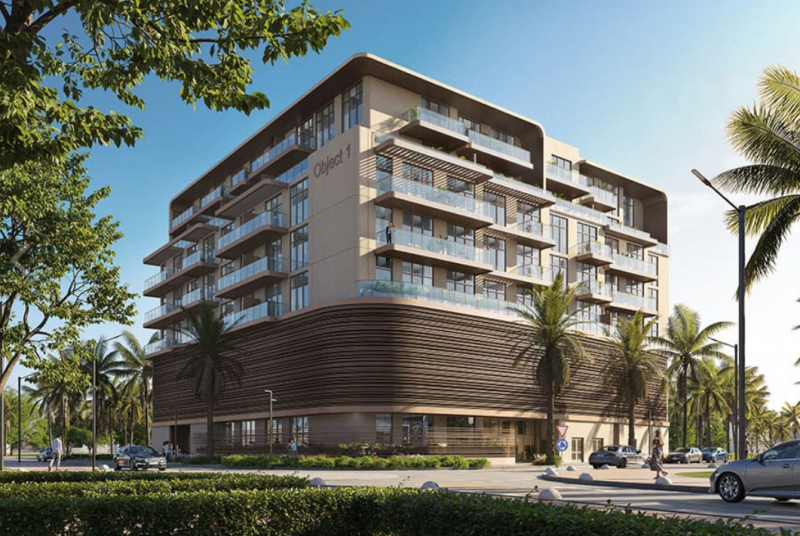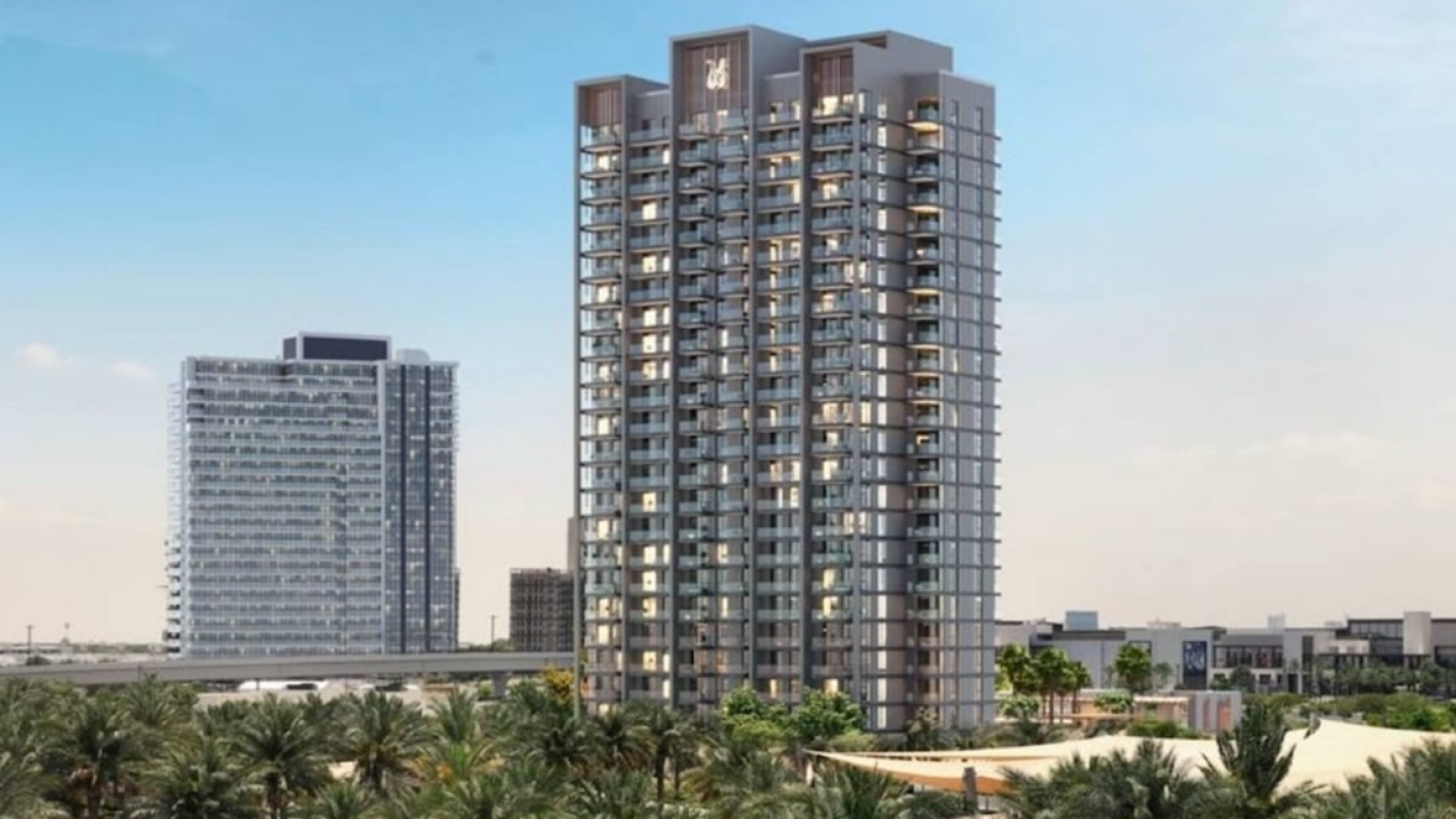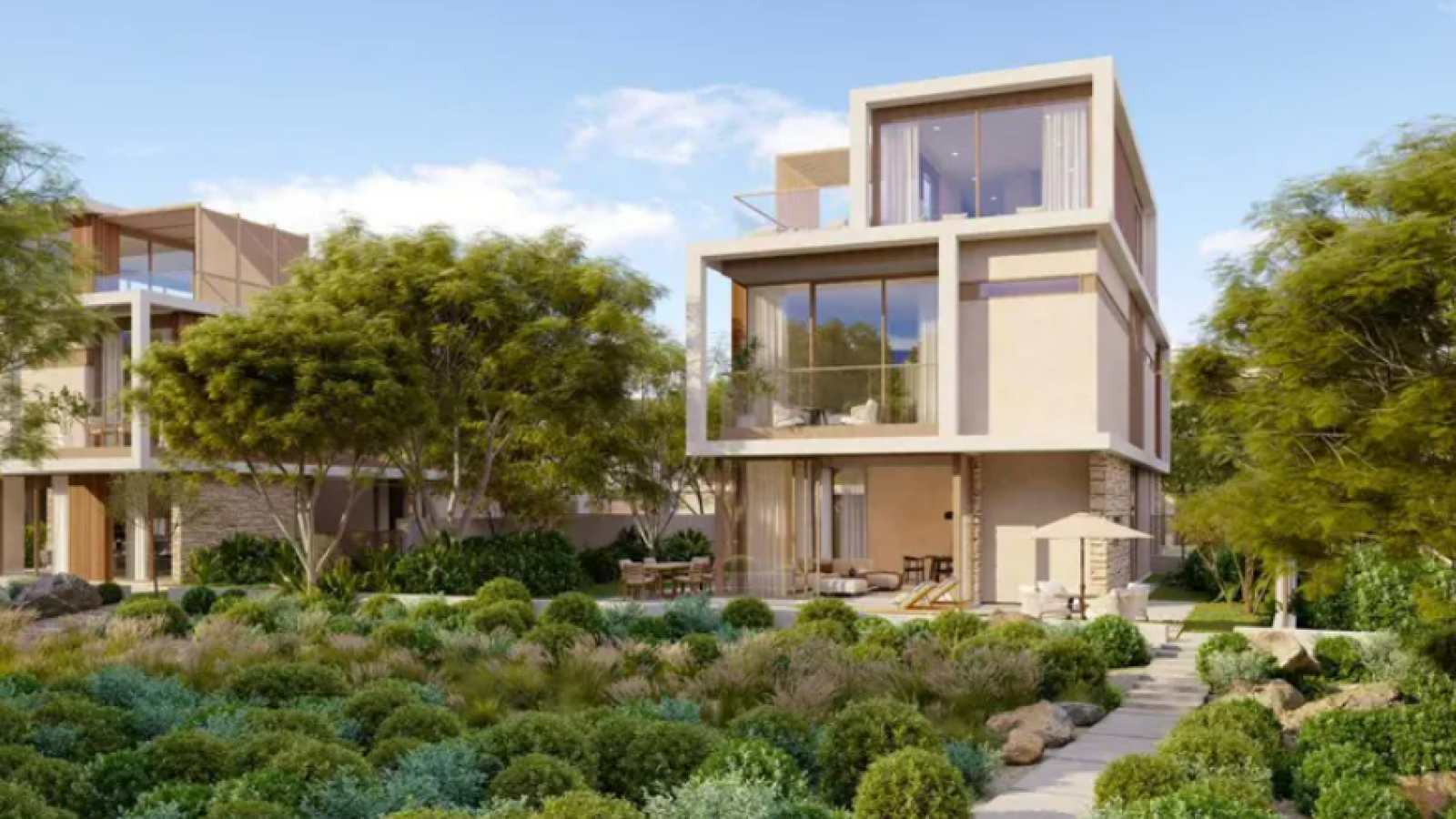Joint Property Ownership in Dubai: What Buyers Should Know
Buying property with a partner, spouse, or business associate is a practical way to enter the Dubai property market, especially in high-value segments. The UAE permits joint property ownership in Dubai, making it easier for multiple individuals to co-invest, share responsibility, and benefit from rising property values.
Here’s what buyers need to know about the legal structure, eligibility, and rights associated with shared property ownership in Dubai.
1. What Is Joint Property Ownership?
Joint ownership refers to a legal arrangement where two or more individuals hold equal or proportionate shares in a single real estate asset. Each co-owner’s share is registered with the Dubai Land Department (DLD) and reflected in the official title deed.
This ownership model is commonly used by:
-
Married couples
-
Family members
-
Friends or business partners
-
Corporate shareholders
2. Freehold Joint Ownership for Foreigners
Foreign nationals can participate in joint ownership of freehold properties in Dubai as long as the property is located within a designated freehold zone. Each party’s name must appear on the purchase agreement and title deed.
There is no requirement for equal shares—owners can specify ownership percentages based on investment contributions.
3. Legal Rights and Responsibilities
All co-owners have the legal right to:
-
Sell or lease the property (with consent from other parties)
-
Access the property and its income (e.g., rental income in Dubai)
-
Share in capital gains and resale profits
-
Participate in management decisions
Disputes or exits require mutual agreement, or legal proceedings in case of deadlock. Buyers should always define their rights in a notarized agreement before purchase.
4. Types of Joint Ownership
Dubai recognizes two main types:
-
Joint Tenancy: Equal ownership with rights of survivorship—if one owner dies, their share passes to the other owner(s).
-
Tenancy in Common: Owners can hold unequal shares, and each can pass on their portion to heirs independently.
The choice should align with your succession planning and financial arrangements.
5. Key Considerations Before Buying Together
-
Ensure all co-owners are listed on the MoU and title deed
-
Clarify financial responsibilities (mortgage, maintenance, service fees)
-
Agree on usage rights and sale procedures
-
Seek legal advice to draft a co-ownership agreement
-
Understand visa and inheritance implications
If a mortgage is involved, the lender must approve the joint ownership structure and financing details.
6. Can Joint Owners Qualify for a Visa?
Yes, if the collective investment meets the required threshold (currently AED 750,000), property visa in Dubai is possible. In such cases, one or more co-owners may be able to apply for a visa, depending on their individual share and legal relationship to each other.
Conclusion
Joint property ownership in Dubai offers flexibility, shared risk, and easier access to high-value properties. When structured correctly—with proper documentation and legal clarity—it’s a practical and secure way for partners, families, or investors to co-own real estate in one of the world’s most attractive markets.















